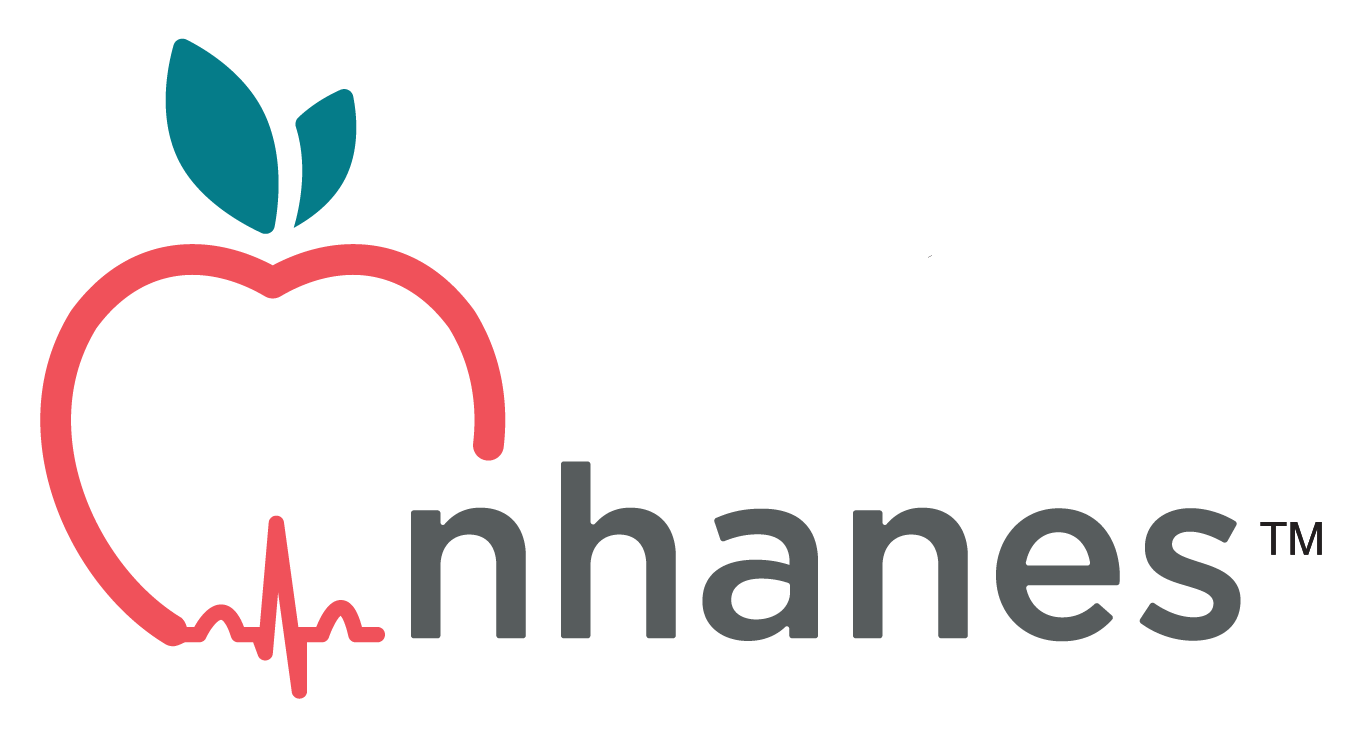At a glance
- Serum, plasma, and urine specimens from National Health and Nutrition Examination Survey (NHANES) participants are available for testing and analysis.
- Researchers must submit a proposal and receive approval to use these specimens.
- This page provides information about available specimens, research proposals guidelines, and the approval process.

Specimen repository
The National Health and Nutrition Examination Survey (NHANES) collects serum, plasma, and urine specimens from study participants ages 6 years and older. Specimens from participants ages 1–5 are limited. Specimens from children 5 and younger may be available in some cycles, beginning with 1999–2000
Specimens are available for participants who have consented to their specimens being used in future studies. NHANES makes specimens available only for approved research studies.
Available specimens
- Serum, urine, and a limited number of plasma specimens collected in NHANES cycles since the 1999–2020 cycle
- Serum specimens from NHANES III (1988–1994)
In total, NHANES has more than 1 million serum, plasma, and urine specimens available for research purposes.
The latest information about available serum, plasma, and urine is available in these tables. Available specimens are listed by age and survey cycles.
Research proposals
NHANES is a nationally representative survey. Researchers can use results from analyses of serum, plasma, and urine specimens to determine the prevalence of conditions of public health concern. We discourage use of these specimens for case-control studies.
In addition, proposals seeking the use of NHANES serum, plasma, or urine must not produce laboratory results that are clinically significant to NHANES participants.
Researchers can use NHANES specimens for studies related to public health emergencies. Email the NHANES Biospecimen Program early in the proposal development process to see if the NHANES biospecimen program is appropriate.
Proposal guidelines
- Find proposal requirements and submission procedures in the Federal Register.
- Use the proposal template to write proposals.
Cost
There is a fee associated with using NHANES specimens. The fee covers the cost of processing and shipping the samples.
We publish updates to the cost structure in the Federal Register Notice. Researchers should check the latest notice to find current cost information.
Proposal restrictions
Participants do not receive the results of studies using their stored specimens. Proposals to use NHANES serum, plasma, or urine must not propose clinically significant laboratory results.
Findings are clinically significant if they meet these three criteria.
- A CLIA-certified laboratory performs the test, deeming the findings valid
- The findings may have significant implications for the subjects' health
- A course of action is readily available to treat or improve the condition
Approval process
The NHANES Project Officer and a technical panel evaluate all proposals for scientific merit. These reviewers also confirm that the research will not produce results of clinical significance to the NHANES participant.
The National Center for Health Statistics (NCHS) Human Subjects Contact, Confidentiality Officer, and Ethics Review Board then review each proposal. They are responsible for identifying any potential human subjects or confidentiality concerns.
NCHS has published the technical evaluation criteria for these reviews in the Federal Register.
The entire review process can take from two to six months.
After approval
Researchers must sign an interagency agreement or a materials transfer agreement with NCHS after their proposals are approved. Once the formal agreement is signed, the NHANES Project Officer will contact the researcher to arrange the transfer of specimens.
Researchers from other federal agencies transfer funds for the cost of the specimens through their interagency agreement. NCHS will invoice researchers from non-federal institutions for the cost of the specimens.
Progress reports
Researchers must submit a progress report each year. Reports should show progress year over year.
If a project does not show progress for two years or more, we may—
- Ask for a justification for the delay
- Request that you return or dispose of the specimens
If work continues beyond five years, researchers may need to submit a new proposal.
Data documentation
NHANES provides technical documentation for data derived from serum, plasma, and urine specimens.
Publications
Find publications from researchers who have used data from NHANES serum, plasma, and urine specimens.
